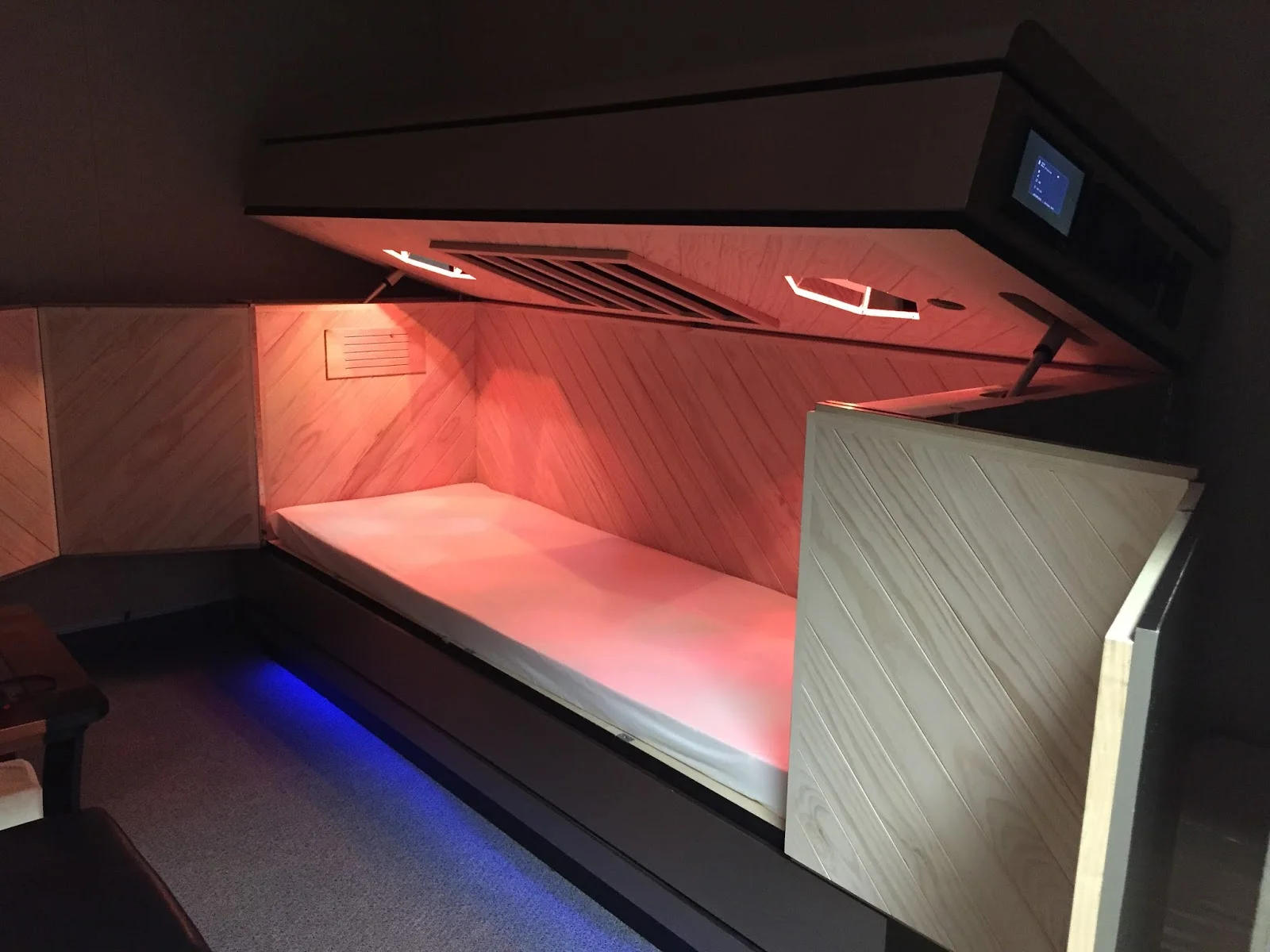Inspire Health Information
Treatment
Who We Treat
- Male and Female
Treatment Focus
- Co-Occurring Disorders
- Alcohol
Approaches
- 12-Step-Based
- Personalized Treatment
- Evidence-Based
- Twelve Step
- Holistic
- Cognitive Behavioral Therapy (CBT)
- Rational Emotive Behavior Therapy (REBT)
- Motivational Interviewing
- 1-on-1 Counseling
- Yoga Therapy
Conditions We Treat
- Depression
- Anxiety
- Post Traumatic Stress Disorder (PTSD)
- Codependency
- Stress
- Anger
- Co-Occurring Disorders
Substances We Treat
- Benzodiazepines
- Prescription Drugs
- Alcohol
- Chronic Relapse
- Heroin
- Cocaine
- Synthetic Stimulants (Bath Salts)
- Marijuana/Cannabis
- Synthetic Drugs
Languages
- English
Aftercare
- Support Meetings
- Alumni Events & Get-Togethers
Level of Care
- Outpatient Detox
- Detox
- Co-Occurring Mental Health
Experience
On-Site Amenities
- Outdoor Dining
- Access to Nature
- Outdoor Lounge
Personal Amenities
- Laundry Service
- En Suite Bathroom
- Private or Shared Rooms
- Air-Conditioned Rooms
Off-Site Amenities
- Beach Access
- Walking Trails
- Fitness Center
- Access to Nature
On-Site Activities
- Movies
- Yoga
- Adventure Outings
- Physical Fitness
- AA/NA Meetings
Off-Site Activities
- Beach Walks
- Swimming
- Adventure Outings
Special Considerations
- Healthy Meals are provided
Accreditations
-
The Joint Commission
The Joint Commission's addiction and behavioral health accreditation signifies a facility's commitment to high-quality care. It involves rigorous evaluations and assessments of clinical practices, ensuring effective, evidence-based treatment. Accreditation showcases a dedication to continuous improvement and patient safety, instilling trust among patients, families, and healthcare professionals. It's a mark of excellence in addiction and behavioral health care.

Additional Locations
Find the best treatment options. Call our free and confidential helpline today!









